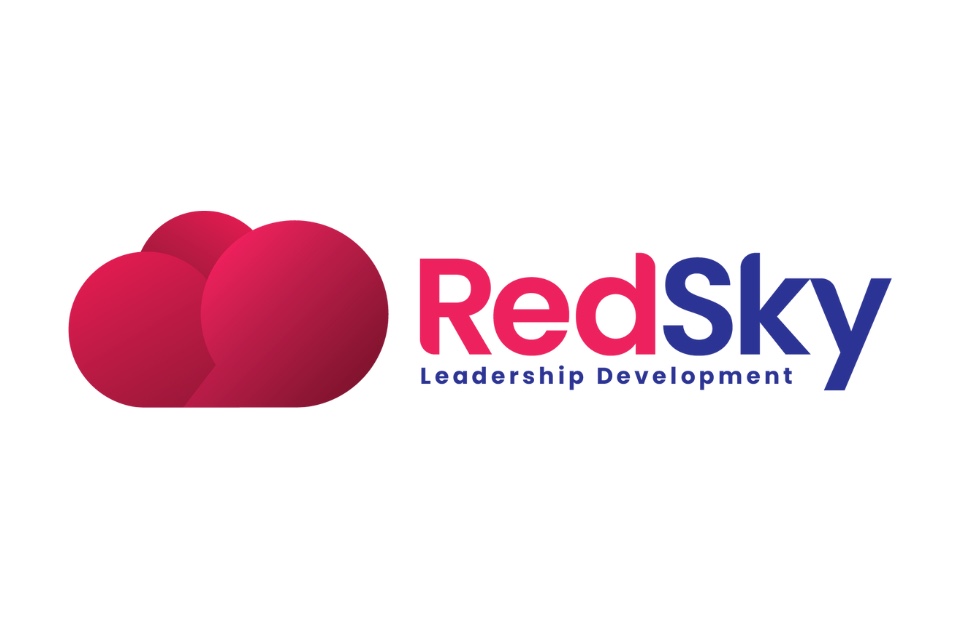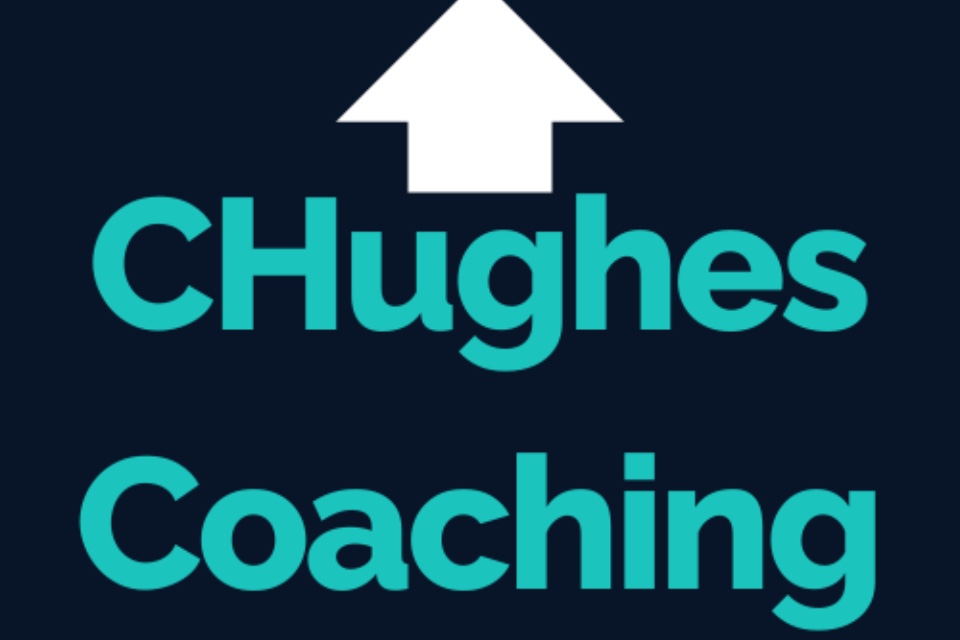For senior HR professionals in the UK’s private and public sectors, choosing the right coaching partners is crucial to ensuring that executive coaching aligns with the organisation’s culture, goals, and resources. Here’s a guide on how to approach this selection process effectively, based on delegate requirements at the HR Summit…
1. Conduct Thorough Research
The first step in selecting an executive coaching partner is conducting thorough market research to identify potential providers with a strong track record in executive coaching and expertise in your specific industry. Look for partners who have a clear understanding of the challenges faced by leaders in your sector, whether it’s public sector policy, regulatory concerns, or competitive private sector demands. Reviewing case studies, testimonials, and industry reputation can help narrow down the list. You may also want to reach out to professional networks or colleagues to gather recommendations and insights.
2. Define Output and Success Metrics
Understanding what you want to achieve with executive coaching is critical. Define clear objectives and outcome requirements for the coaching initiative—such as improved leadership skills, enhanced decision-making, emotional intelligence, or strategic thinking. Establishing these goals early will help you choose a partner whose approach aligns with these objectives.
The best executive coaching partners offer customisable programs with measurable outcomes. They should be able to track progress through regular assessments, 360-degree feedback, and performance metrics tied to individual and organizational goals. This results-driven focus allows you to monitor the impact of coaching on leadership development and adjust as needed.
3. Evaluate Cost and ROI
Cost is a significant consideration in selecting a coaching partner. Prices for executive coaching vary widely based on factors such as the coach’s experience, the depth of the program, and whether it includes one-on-one sessions, group coaching, or digital support resources. Evaluate pricing models and compare quotes, but also weigh the potential return on investment (ROI). Executive coaching can enhance employee engagement, productivity, and retention, making it a high-value investment for senior leadership.
Consider flexible payment options, such as monthly retainers, per-session rates, or program-based fees, to align with your budget. Additionally, discuss the partner’s approach to demonstrating ROI through pre-and post-assessments, feedback tools, and quantifiable metrics that link coaching outcomes to business objectives.
4. Ensure Seamless Implementation
Effective implementation is key to the success of any executive coaching program. Look for partners who offer clear implementation plans that integrate smoothly into your existing HR processes. The best coaching partners provide support materials, communication strategies, and check-ins to ensure both coaches and coachees are aligned.
The partner should work with you to ensure a seamless onboarding process, from setting up initial consultations and scheduling sessions to handling logistics. Ask about ongoing support for your HR team and coaching participants to maximize the benefits of the program.
Conclusion
Selecting the right executive coaching partner requires a balance of research, clarity on outcomes, cost analysis, and strong implementation support. By focusing on these factors, senior HR professionals can choose a coaching partner that not only develops leadership capabilities but also drives tangible, lasting impact within their organisation. An aligned and strategic coaching partnership can be a valuable asset in fostering effective, resilient leadership across the organisation.
Are you searching for Executive Coaching solutions for your organisation? The HR Summit can help!
Photo by Jason Goodman on Unsplash









